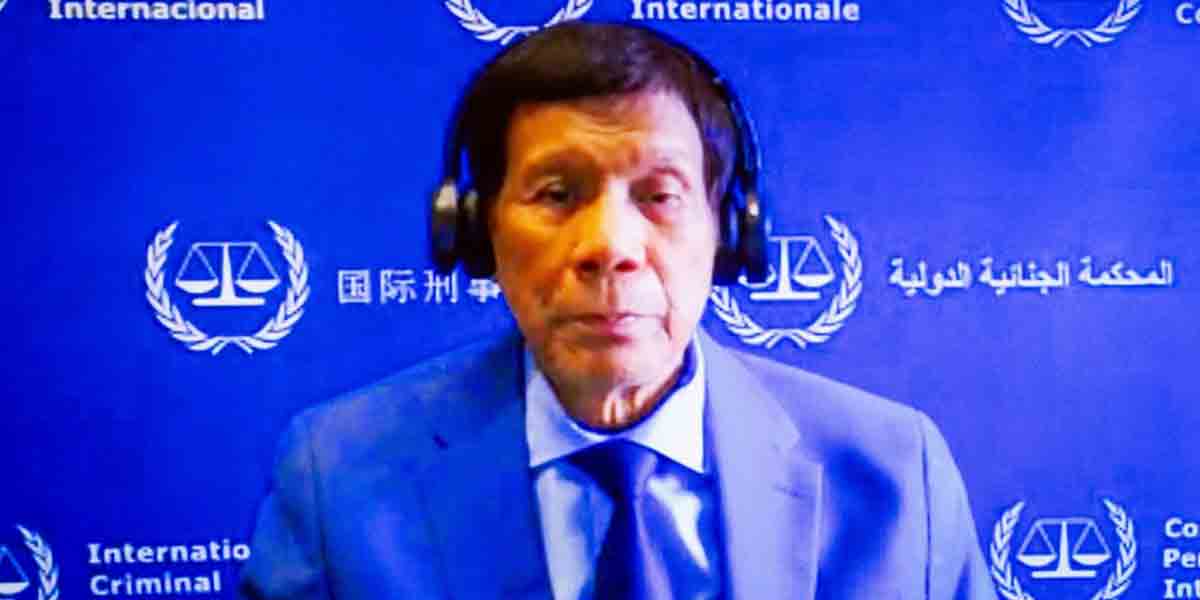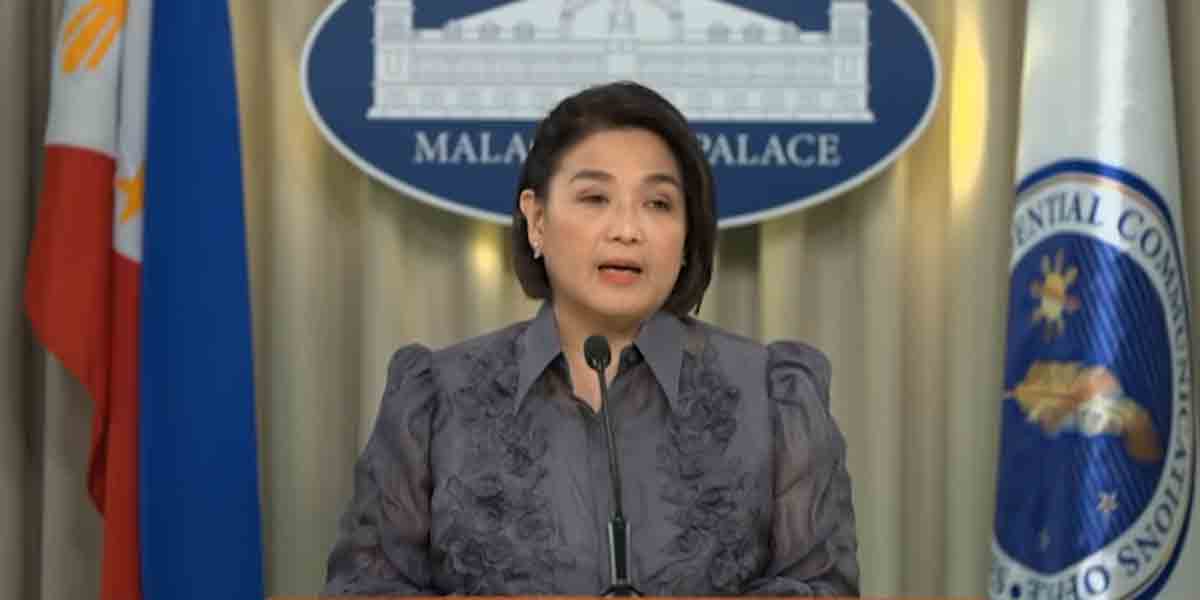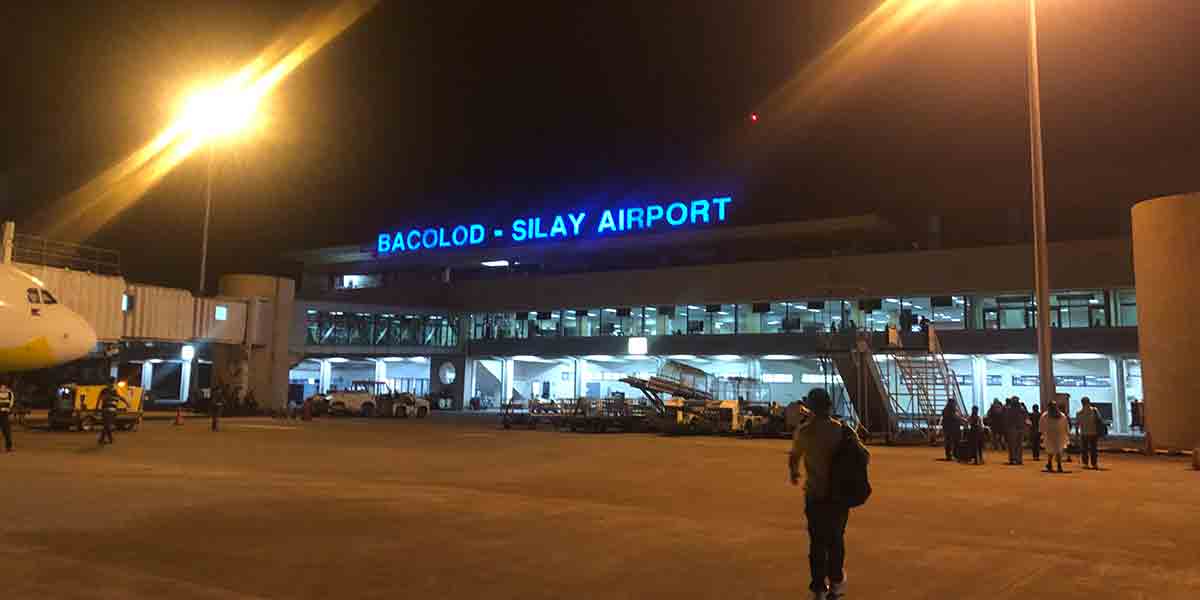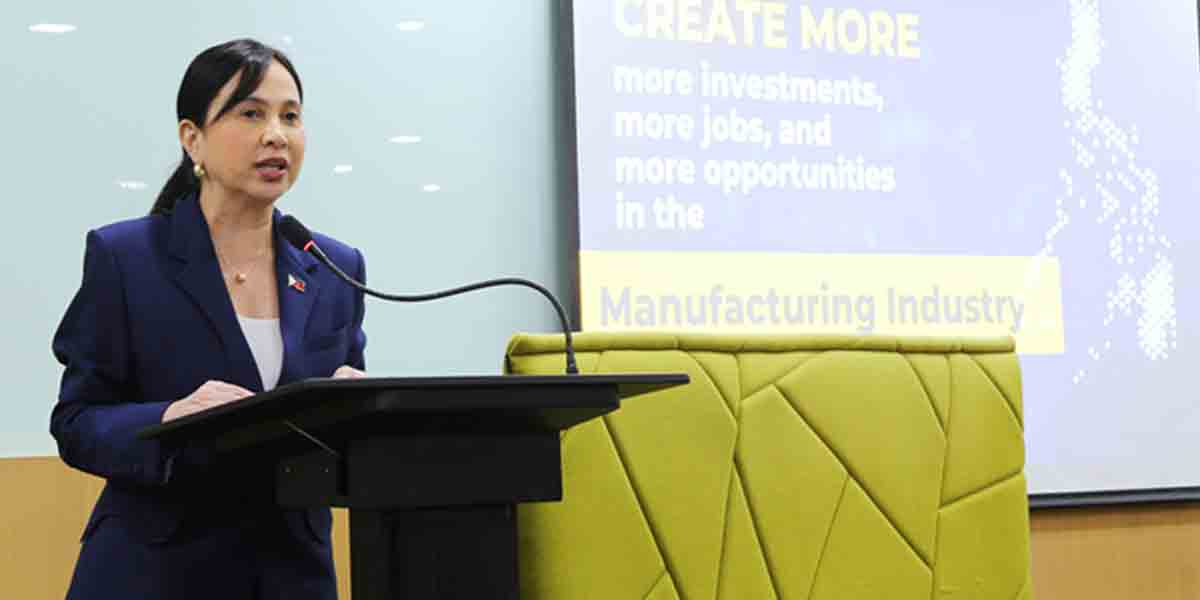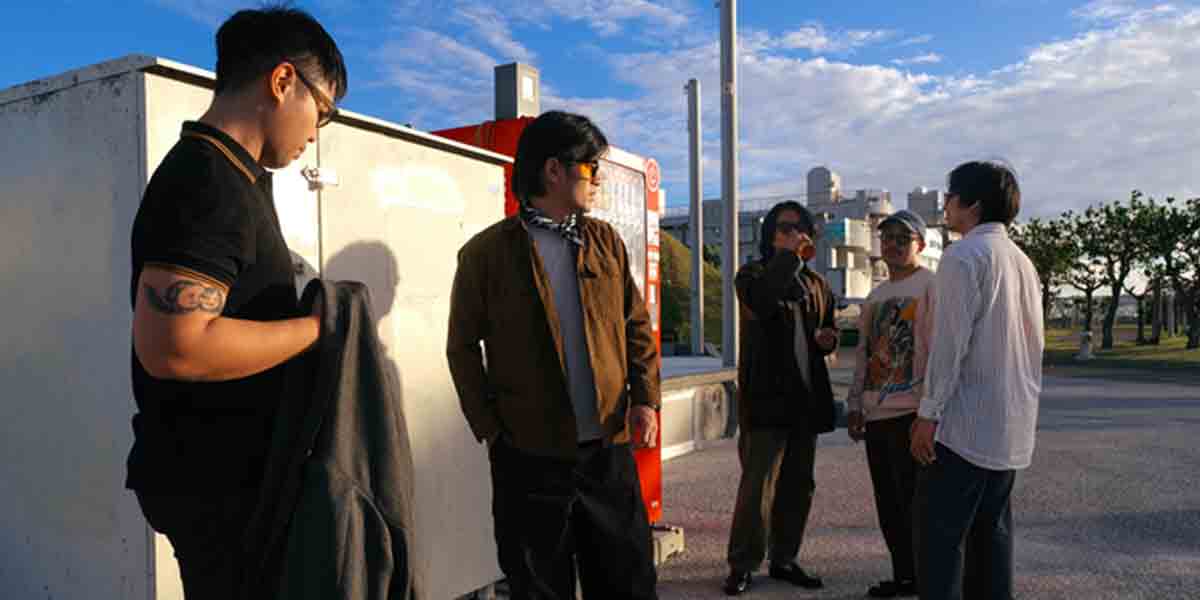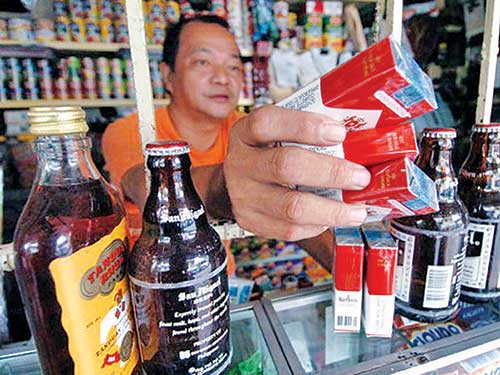
By Francis Allan L. Angelo
Social Watch Philippines (SWP) strongly opposed House Bill No. 11279, a measure that seeks to suspend the 5% annual tax increase on tobacco and related products for one year, warning of dire consequences for public health and government revenues.
The bill, filed on January 14, 2025, claims that high excise taxes on tobacco aggravate the illicit trade of cigarettes and other products by driving consumers to cheaper, smuggled alternatives. Proponents argue that suspending the tax hike will mitigate these losses.
SWP Co-convenor Dr. Ma. Victoria Raquiza expressed deep concern about the bill, calling it a threat to public health and a boon to the tobacco industry.
“We are dismayed by the immediate reintroduction of this proposal,” Raquiza said in a press statement. “House Bill 11279 will result in ₱27.5 billion in forgone revenue from 2026 to 2030 if implemented.”
She added that the measure would increase the total number of cigarettes smoked by 4.8% and smoking intensity by 2.4%, potentially creating 400,000 additional smokers by 2030 compared to the status quo.
Raquiza emphasized that higher taxes are proven to reduce tobacco consumption by making these products less affordable.
She cited the 2021 Global Adult Tobacco Survey (GATS), which revealed that 68% of Filipino tobacco users considered the high price of cigarettes a significant factor in their decision to quit.
The same survey showed that nine out of ten current smokers reduced their daily cigarette consumption because of higher taxes.
“By introducing HB 11279, the bill’s authors are risking public health to promote the tobacco industry’s interest,” Raquiza said.
ACT AGAINST ILLICIT TRADE
Rather than reducing taxes, SWP urges Congress to focus on combating illicit tobacco trade through stronger enforcement of existing laws and international cooperation.
“Rather than sabotage a proven public health measure, we urge our leaders to uphold our commitment to the Framework Convention on Tobacco Control (FCTC), which the Philippines has signed,” Raquiza said.
She highlighted that the FCTC provides clear steps to address illicit trade, including stricter enforcement, improved border controls, and accountability at all levels, none of which involve lowering taxes.
SWP warned that without these measures, illicit trade will continue to harm public health and deplete government revenues.
The group commended Senator Pia Cayetano for opposing the bill and holding accountable those responsible for the country’s receipt of the 5th Dirty Ashtray Award. This dubious distinction, awarded to nations with weak tobacco control measures, underscores the need for stronger regulatory policies.
SWP reiterated that lawmakers must prioritize the health and welfare of Filipinos over the interests of the tobacco industry.
“Let’s not roll back the gains we’ve made in protecting public health and reducing smoking prevalence,” Raquiza added.
The organization remains firm in its stance, urging the rejection of HB 11279 and the bolstering of anti-illicit trade measures instead.
The Philippines has long been committed to tobacco control through measures like the Sin Tax Reform Act, which increased excise taxes on cigarettes to discourage smoking. These efforts have contributed to declining smoking rates but face challenges from the growing illicit trade and industry pushback.
HB 11279 marks the latest attempt to dilute these hard-won gains, prompting outcry from health advocates and organizations like SWP.

